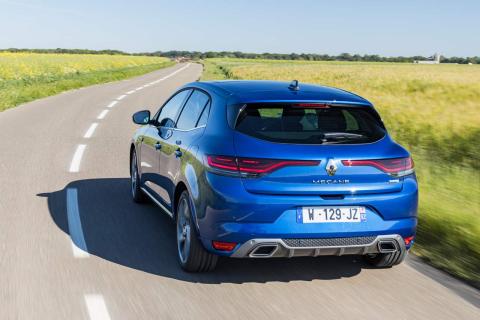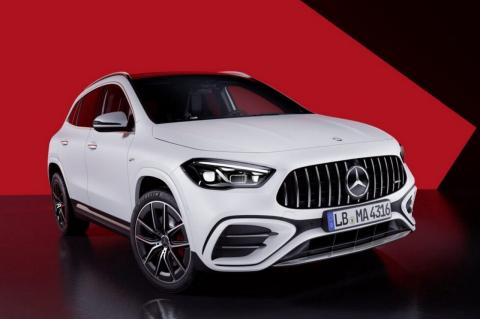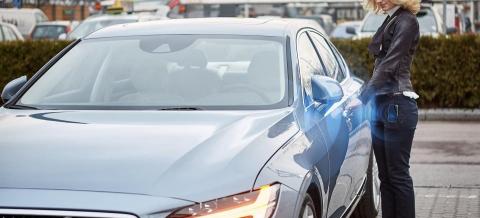
We live in troubled times in the motor world. Electrification has turned the automotive landscape “upside down” and the movements of high places, with the establishment of Low Emission Zones (ZBE), prohibitions of combustion cars in 2035, etc., bring up both the drivers, who do not know which car to buy, like even the brands themselves.
It seems that the end of the road is marked by the electric car, but, firstly, it is not clear that it will be like that and, secondly, if it is, the ways to get there are much more varied than what it may seem at first.
Thus, the different manufacturers analyze the current situation and, looking at future forecasts, draw up their plan, in some cases making decisions that can be shocking. An example of them has been Renault’s decision to abandon plug-in hybrids. Is it a risky move or something logical considering the current scenario?
numbers rule
Last month the decision of the diamond brand to eliminate the PHEV mechanics of the Renault Captur and Renault Mégane came to light. The reason? The cold numbers.
The commercial results of the first quarter were really good, with an increase in sales of 9% that was due, above all, to the growth in the C segment (Renault Arkana, Austral and Mégane E-Tech were the most responsible). In addition, the demand for electrified vehicles also increased… but not in all segments.
It seems that in the aforementioned Captur and Mégane the demand for plug-in hybrid mechanics is very low, which has led the company to eliminate them and, incidentally, to run out of any PHEV in its range.
The move may be shocking given the zeal with which we are being communicated that we are moving towards electrification, but looking at the market, the move is entirely understandable.
Hard to justify costs
From a theoretical point of view, plug-in hybrid systems are the most suitable for 2023 if you are thinking of buying a car.
On the one hand, the increasingly strict limitations for combustion cars make not having electrification in a new car seem like a bad option. On the other, clearly, except in very specific cases, it is early to opt for a fully electric car.
In this situation, a PHEV combines the best of both worlds: it can act as an electric vehicle on a day-to-day basis (with the cost savings in use that this entails), if it is loaded the fuel consumption is very low, they have good performance and have the DGT ZERO label. The perfect option, right? Not at all.
The main but of this type of mechanics is its cost. They use a complex propulsion system, which must combine the thermal part with an important electrical one, which results in high production costs, which translate into a price increase compared to conventional hybrid versions.
This is something that can be better hidden in premium models or higher segments, but in a general brand and in B and C segments it represents a notable price difference that many potential customers are not willing to accept. Thus, it is logical that the demand is low and that a manufacturer considers ceasing to have this type of mechanics depending on which models.
a successful move
With all this in mind, Renault’s move can be dismissed, if not as successful, at least as logical.
The French brand has a fairly wide electrified offer, offering options of this type in practically all of its models, including those that have lost the PHEV alternatives.
Most of its range has either microhybrid systems or self-recharging hybrid systems, which are more affordable, are in high demand by customers and enjoy the ECO label, something that in the current situation already allows you to enjoy of many advantages and claims to have a “valid” car for many years.
On the other hand, logic invites us to think that the future of small and urban cars goes almost exclusively through 100% electric mechanics, a territory in which the brand has already carved out a niche with the Renault Zoe, which enjoys good acceptance. and some notable sales figures.
In addition, it has already put the following stones on this path, since next year, 2024, will be the moment in which the new Renault 5 lands on the market.
Thus, Renault has decided to bet, instead of taking the middle route, on both extremes: securing the present and the short term with the cheapest possible hybrid versions of its vehicles, and starting to build its electric future in the medium term. The loss of plug-in hybrids is collateral damage, but time will tell.


















